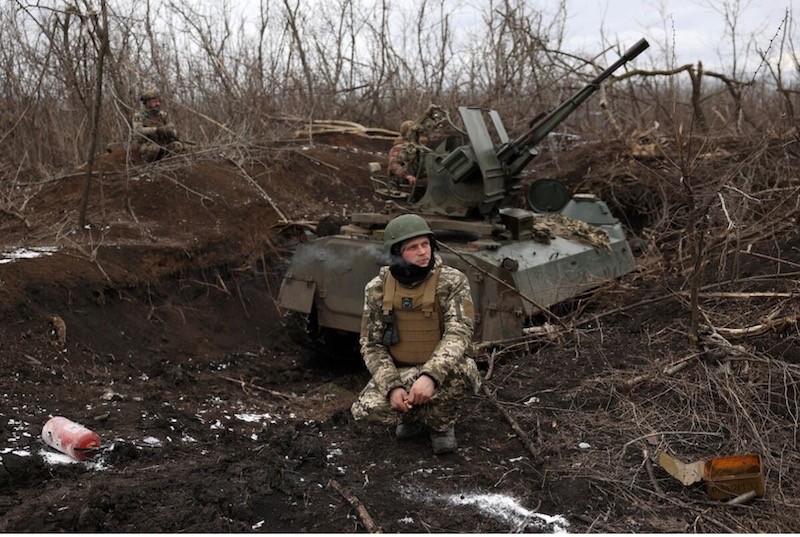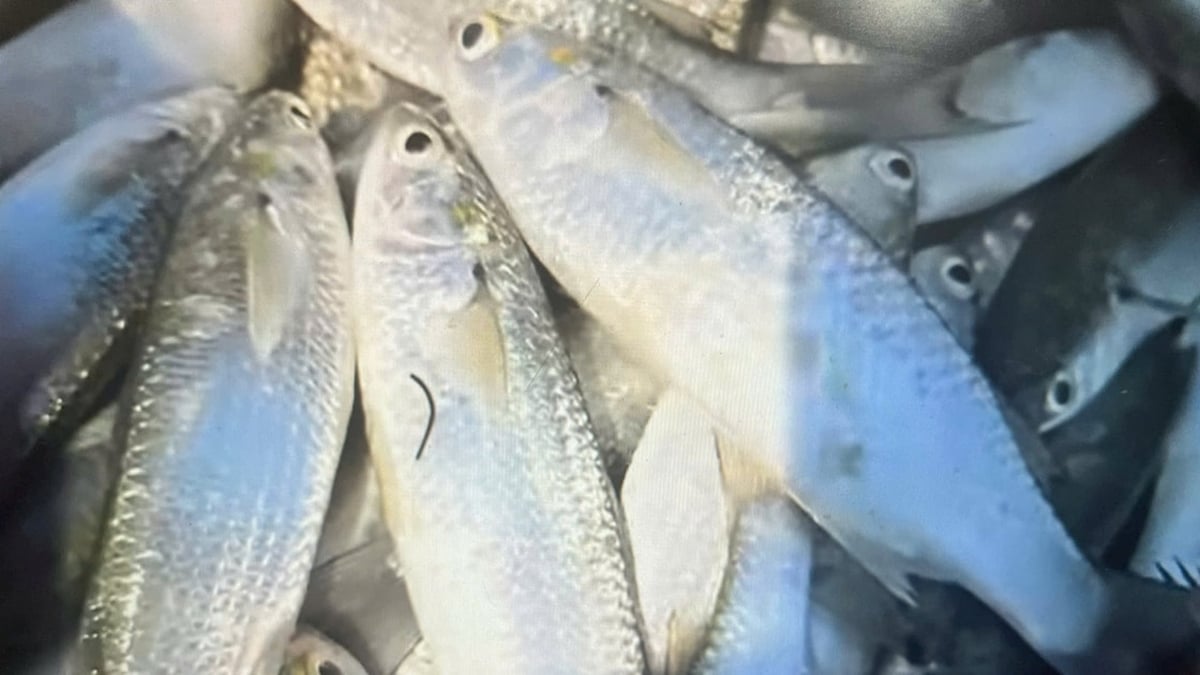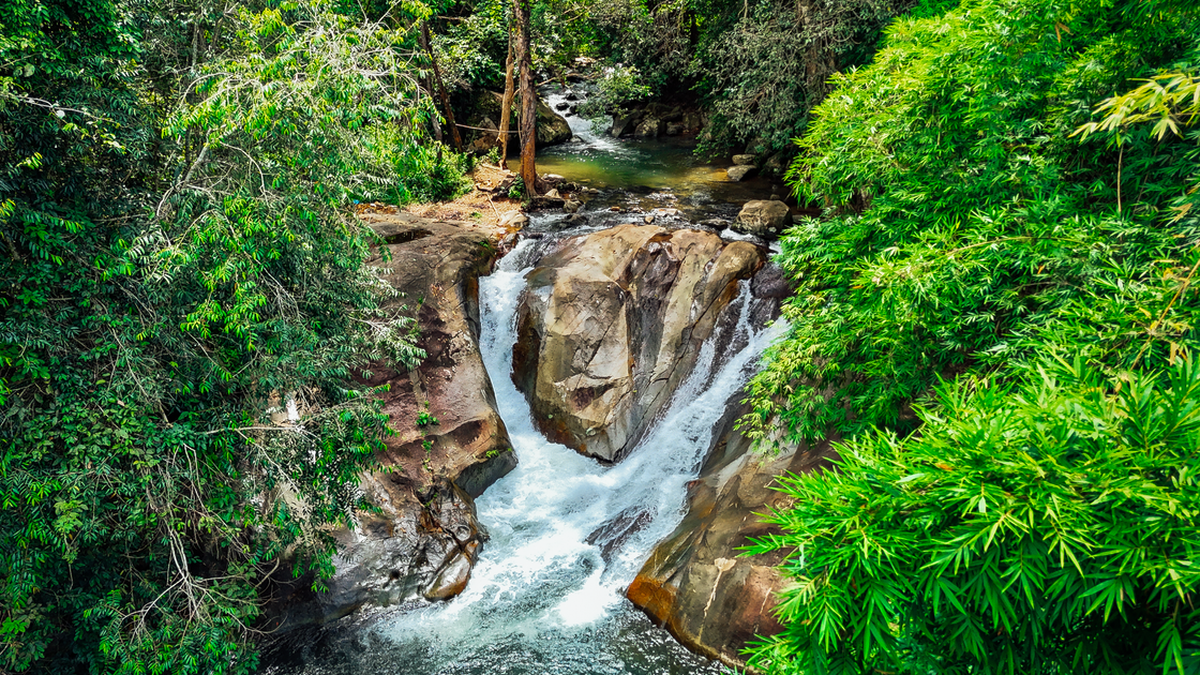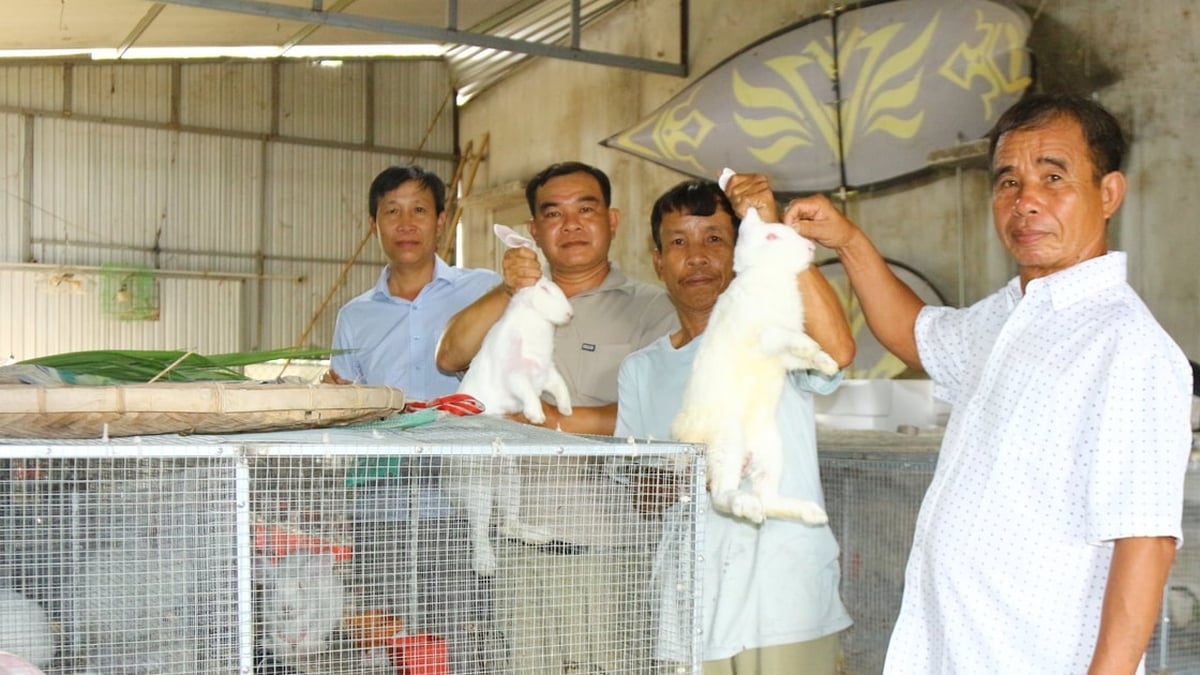On April 12, The Telegraph quoted British Defense Secretary Grant Shapps as saying that the country plans to deploy the "DragonFire" laser cannon by 2027 and soon put the system into combat in Ukraine.
 |
| Russia accuses the US of sabotaging the option of peace talks for Ukraine. (Source: AFP) |
The weapon is not yet ready for use on the battlefield, Mr. Shapps noted, but it could be suitable for use in the conflict between Russia and Ukraine.
"The new model allows us not to wait until the equipment is 100% complete before we can put it into operation. We only need to reach about 70% and deploy it, then continue to develop it," the British Defense Minister informed.
DragonFire is expected to be delivered to the British Army for testing in the next 6-9 months.
The system is being developed at Britain's Porton Down Defence Research Laboratory (DSTL) with the primary aim of destroying unmanned aerial vehicles (UAVs).
The British newspaper noted that the use of this type of weapon has become a new milestone in modern armed conflicts. Developers believe that lasers will reduce the cost of destroying aerial targets due to the high cost of launching interceptor missiles.
According to calculations by the British Ministry of Defense , the cost of a DragonFire shot is less than $13, much lower than the hundreds of thousands, even millions of dollars worth of shells of popular air defense systems today.
* Russian Ambassador to Washington Anatoly Antonov said that by introducing new sanctions against Russia, the US is sending a signal to Kiev that it does not agree to negotiate with Moscow.
"Should the new US restrictions be seen as a response to Russia's readiness to make concrete proposals to resume negotiations to resolve the conflict in Ukraine? In this case, the purpose of the sanctions is clear: a signal to Kiev with signs of not agreeing to anything," Antonov told reporters.
On April 12, the US government issued a ban on imports of aluminum, copper and nickel originating from Russia.
The US and UK have also restricted the use of aluminium, copper and nickel originating from Moscow on global metals exchanges and over-the-counter derivatives trading.
As a result, the London Metal Exchange and the Chicago Mercantile Exchange will no longer be allowed to replenish their stocks of aluminum, copper and nickel through supplies of Russian raw materials.
* Also on April 12, former US President Donald Trump said he would not object to Congress approving additional aid to Ukraine as long as the assistance was given in the form of loans, not gifts.
Mr. Trump also emphasized that: "European allies must have the same level of support that Washington gives Kiev."
Asked whether he would support the Ukraine aid bill if House Speaker Mike Johnson brought it to a vote, Trump said: "We're thinking about doing it in the form of a loan rather than a gift. We continue to give billions of dollars in gifts and we'll see."
In February, Mr. Trump first raised the idea of converting aid to Ukraine into loans.
The former President also repeatedly declared that he would end the conflict between Russia and Ukraine within 24 hours by forcing the two sides to sit at the negotiating table.
Source


































































































Comment (0)